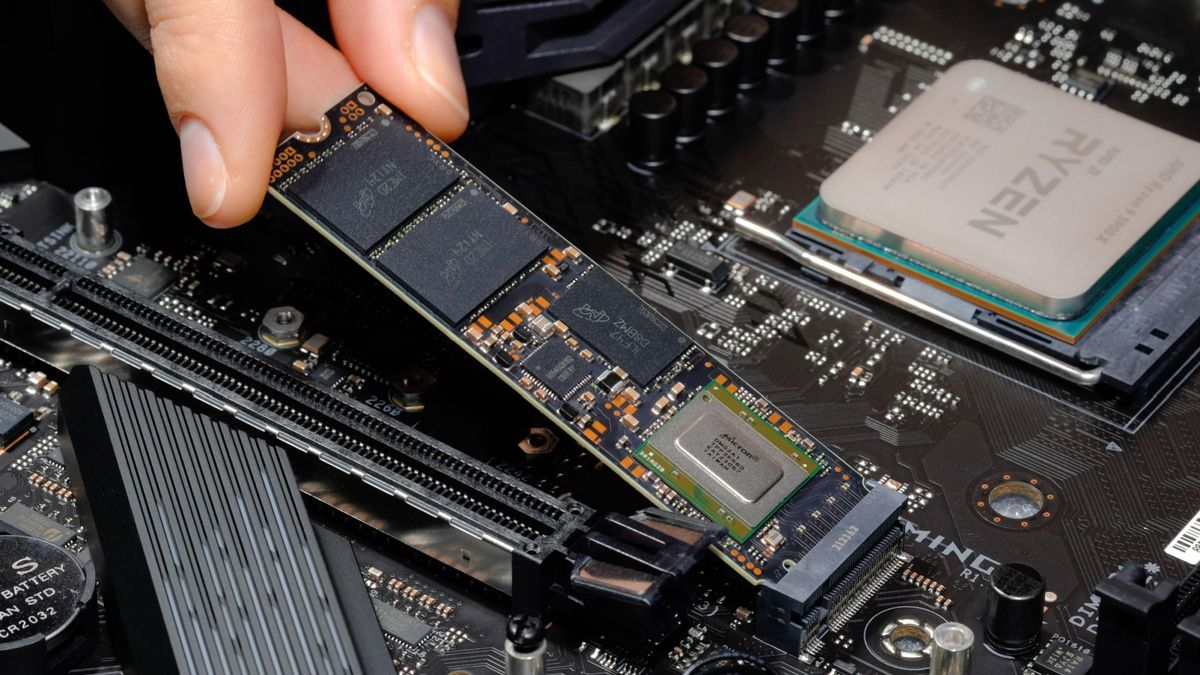Rising demand for AI-enabled infrastructure is driving up SSD orders, with manufacturers raising prices across the board.
Market analysis by TrendForce claims that demand is expected to increase by 60% in the coming years, prompting vendors to boost development and manufacturing and focus on producing higher-capacity products to meet the growing needs of power- and data-intensive AI tools.
While hard drives have played a crucial role in data storage over the years, the lower latency of SSDs has become preferential in an increasingly AI-centric era.
AI is to blame for skyrocketing SSD prices
Solid-state drives are useful for storing model parameters and creating checkpoints to save AI model progress to ensure quick recovery in the event of outages. They are generally more reliable, with quarterly and annual failure rates reported by cloud storage giant Backblaze showing improved performance compared to HDDs (however, it’s worth noting that there’s more internal data available for HDDs, so a completely fair comparison can’t be made).
They are also important for inference, as they allow for real-time model updates. However, because of this, high-capacity drives with at least 16TB of storage are required, with prices considerably higher than equivalent HDDs.
TrendForce highlighted that rising demand has already pushed SSD contract prices up 80% in three quarters. In addition, the total capacity of AI-related SSDs purchased in 2024 is expected to exceed 45 exabytes (45 million terabytes).
Enterprise customers aren't the only ones affected: consumer SSD prices have also seen a significant and sustained increase in recent quarters due to limited supply.
While work is underway to improve SSD storage, including higher-density NAND flash components, the impact of AI on SSD pricing could continue to be felt for many more quarters, adding pressure on both enterprise and consumer markets.
Through The Registry









